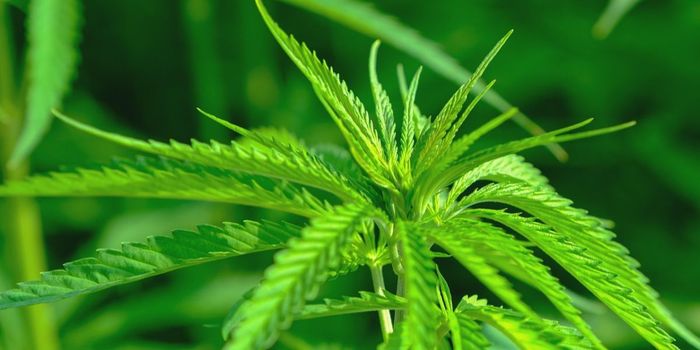Marijuana May or May Not Actually Help with Pain
Cannabis use is often associated with pain relief, but a recent study of medical marijuana use suggests that scientists may not be able to confirm that cannabis can alleviate pain – at least not yet.
A 2013 survey of 295 medical marijuana dispensary patients asked questions about frequency of marijuana use, comparing health status between the present and a year prior, and pain intensity levels. In 2013, marijuana was only legally available for medical reasons. As of the 2016 Adult Use of Marijuana Act (AUMA), adults at least 21 years old can “possess, privately use, and give away up to one ounce of cannabis” and “cultivate no more than six plants for personal use at their residence.”
Of the 295 respondents, 45 percent reported using marijuana daily, and 48 percent reported using marijuana at least three times per day. These two groups of daily users did not differ in their associated pain categories (low, moderate, or high intensity). However, 60 percent of those who were categorized as having high pain intensity reported using marijuana at least three times per day (compared to 51 percent of the moderate category and 39 percent of the low category). Out of all respondents, 44 percent reported low pain intensity, 24 percent moderate, and 31 percent high.
People who reported using marijuana every day who also reported experiencing severe pain reported that their health did not improve as a result of their marijuana use; actually, they reported quite the opposite, that their health had worsened in the past year. For those who reported low intensity pain, there was no link between daily marijuana use and change in health status.
There were no links between frequency of daily marijuana use and changes in health status. Researchers are not sure why, but they do acknowledge the “complex relationship” between pain, marijuana habits, and self-reported health status.
“It may be that people who are using marijuana more often already had worse health to begin with,” explained lead author Alexis Cooke.
The survey’s results led researchers to question the efficacy of cannabis for addressing pain in general, and for addressing specific types of pain. Researchers anticipate that further research may reveal different effects of cannabis usage based on an individual’s origin of pain. For example, marijuana may be alleviating symptoms of depression and anxiety associated with chronic pain without actually addressing the pain itself.
“The benefits aren’t as clear-cut as some people assume,” explained co-author Bridget Freisthler.
Different types of pain individuals turn to marijuana for include:
- Cancer-related pain
- Joint pain
- HIV-related pain
- Nerve pain
The largest take-away message from the study was that researchers need to learn more about how marijuana affects pain and overall health. Increased knowledge on this subject would support guidelines for healthcare practitioners to recommend to patients looking for pain relief from cannabis. With more research-supported information, practitioners could recommend how to use cannabis and optimal dosages as well as increase awareness about potential effects of long-term usage.
Sources: Ohio State University, International Journal of Drug Policy, California NORML








